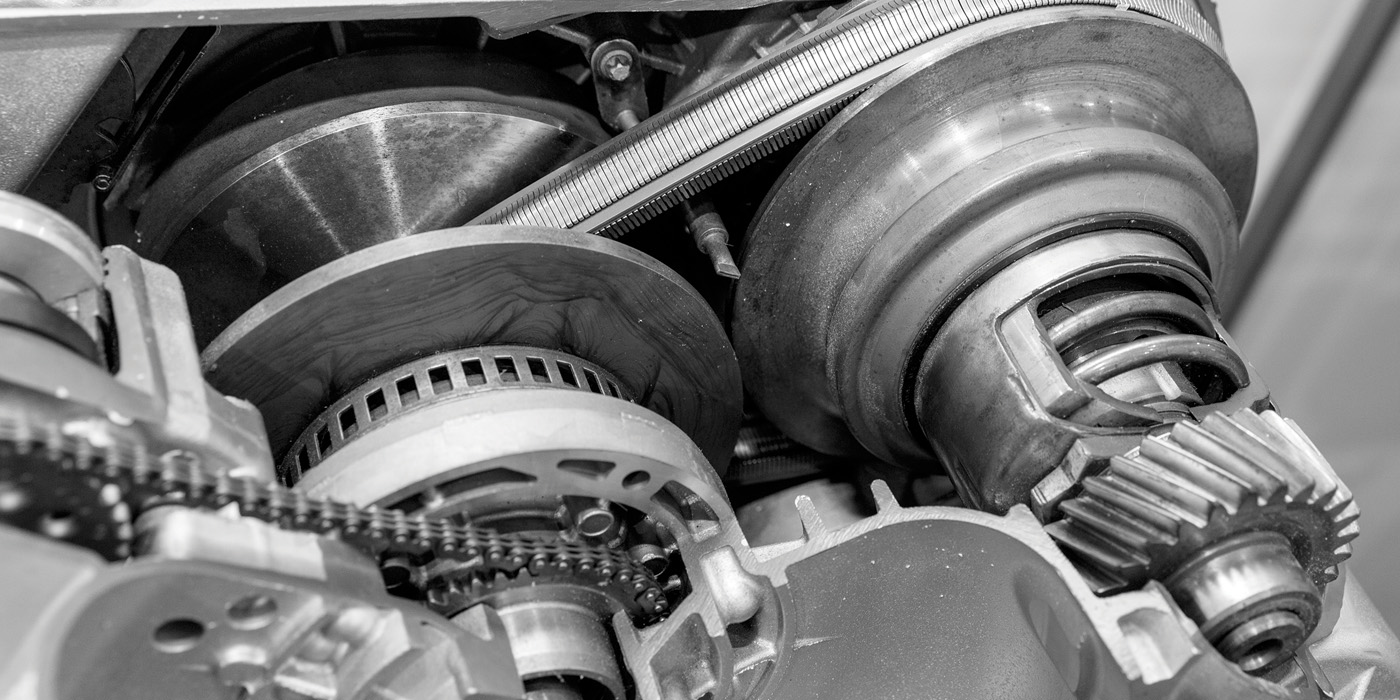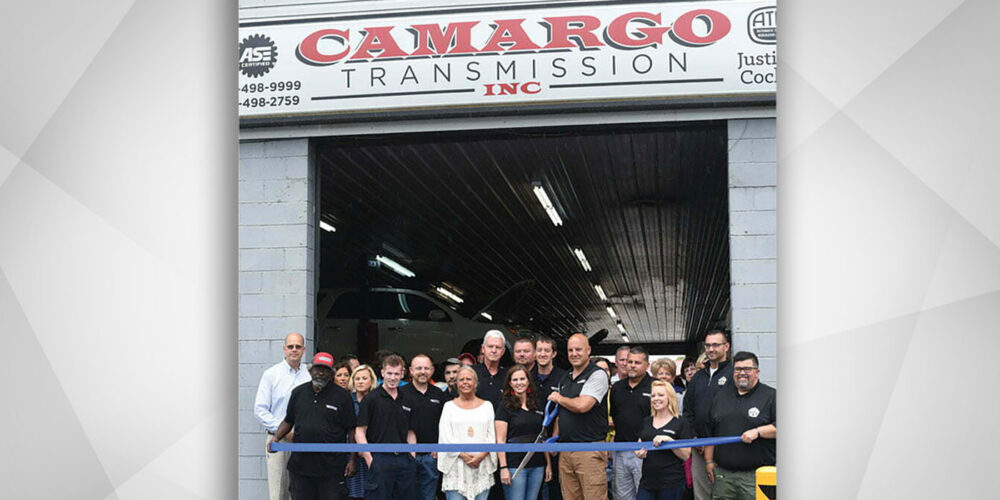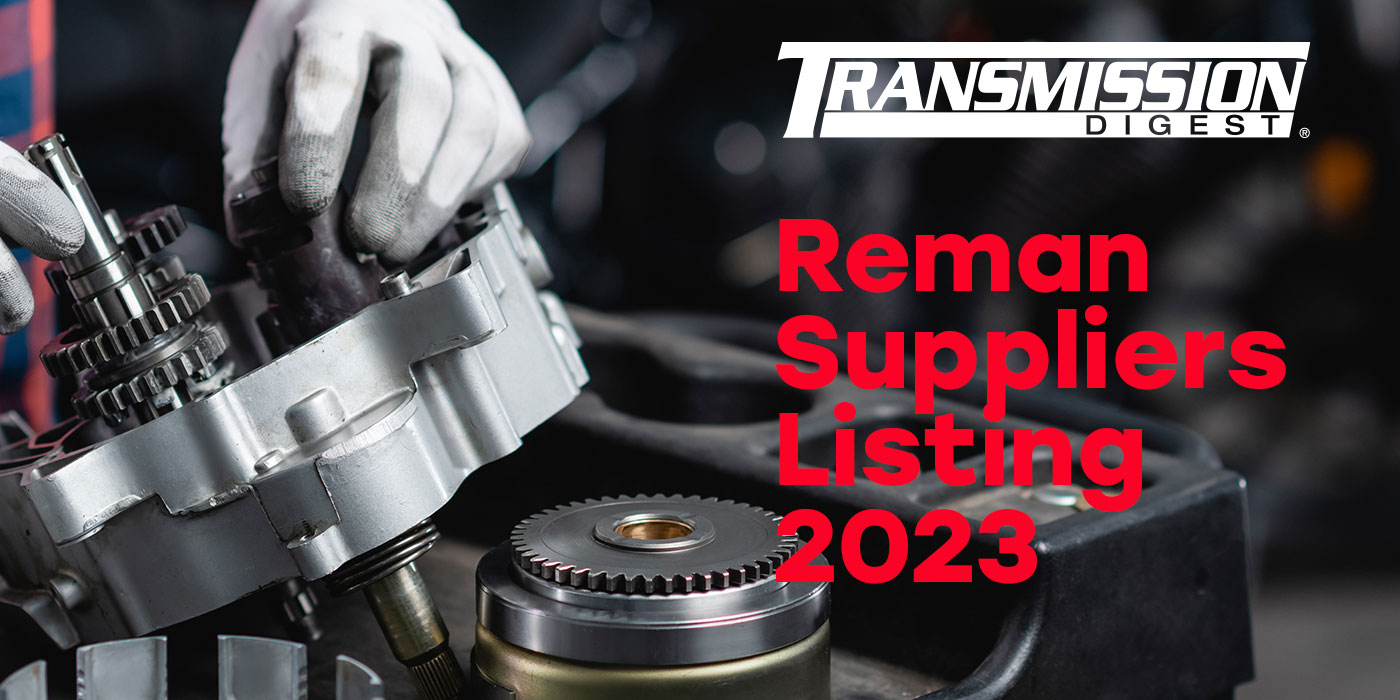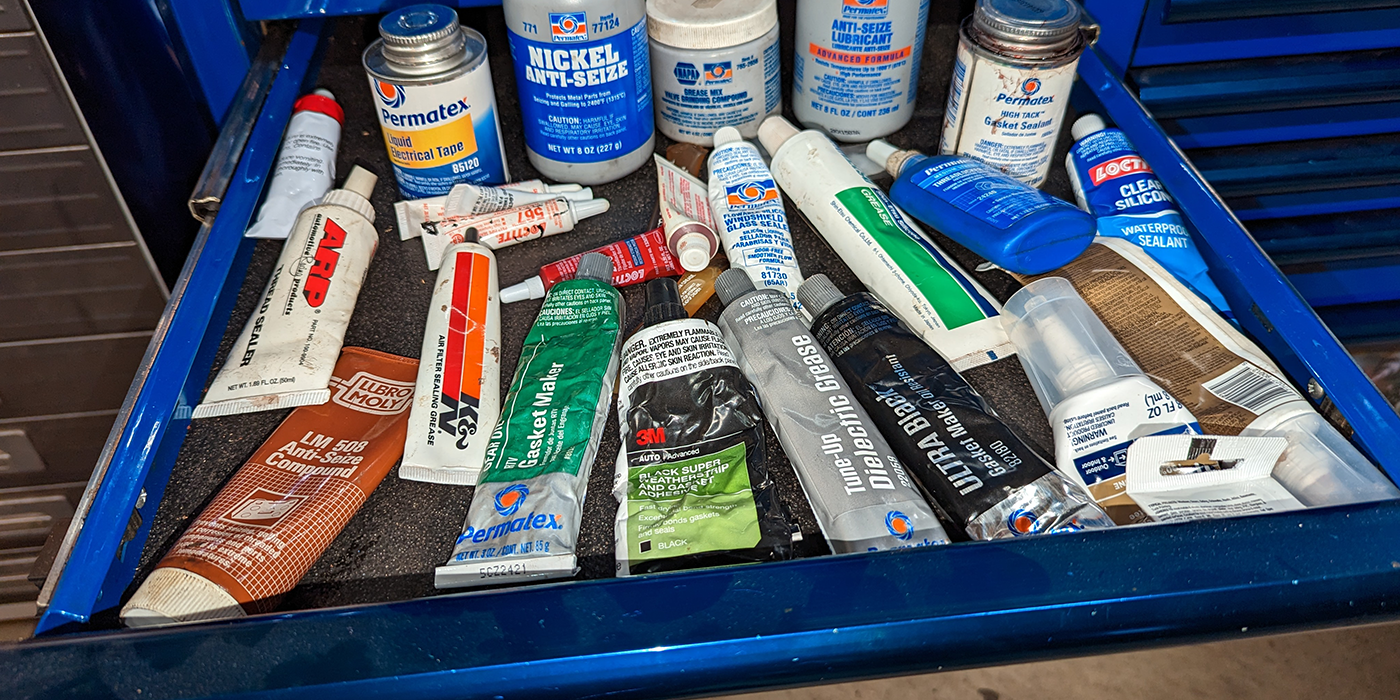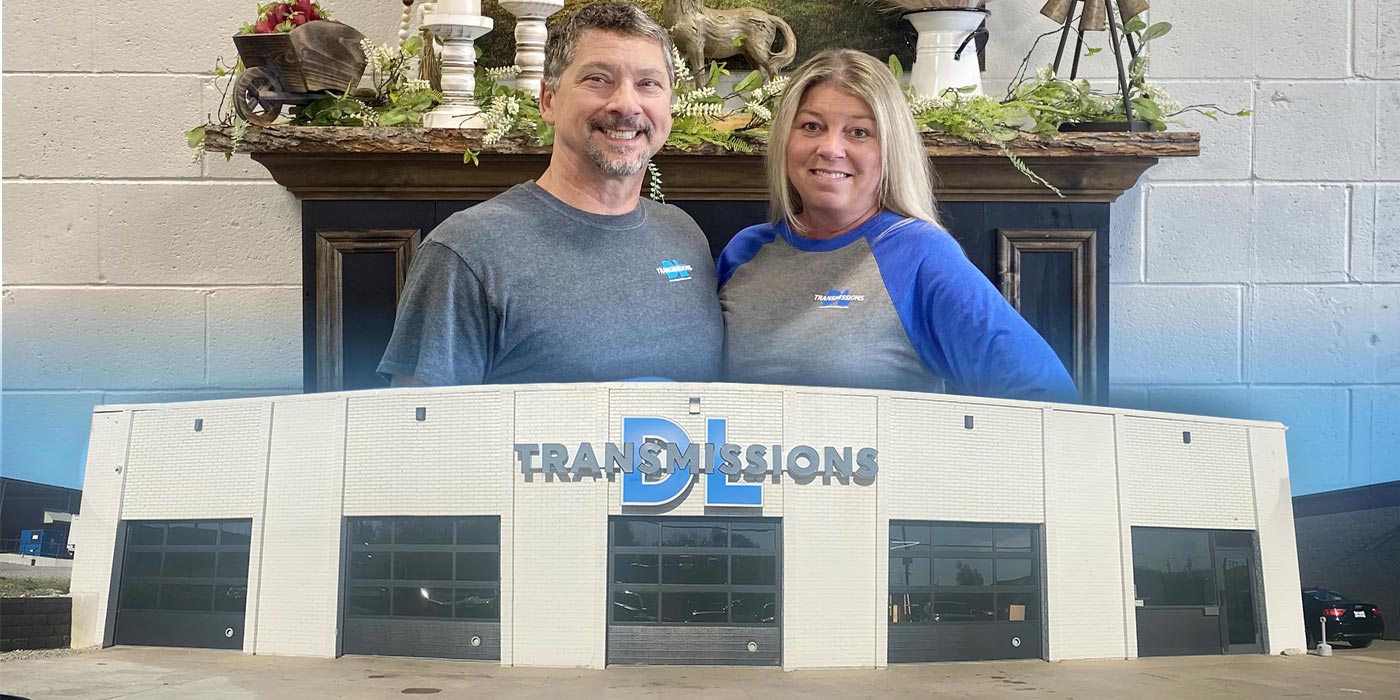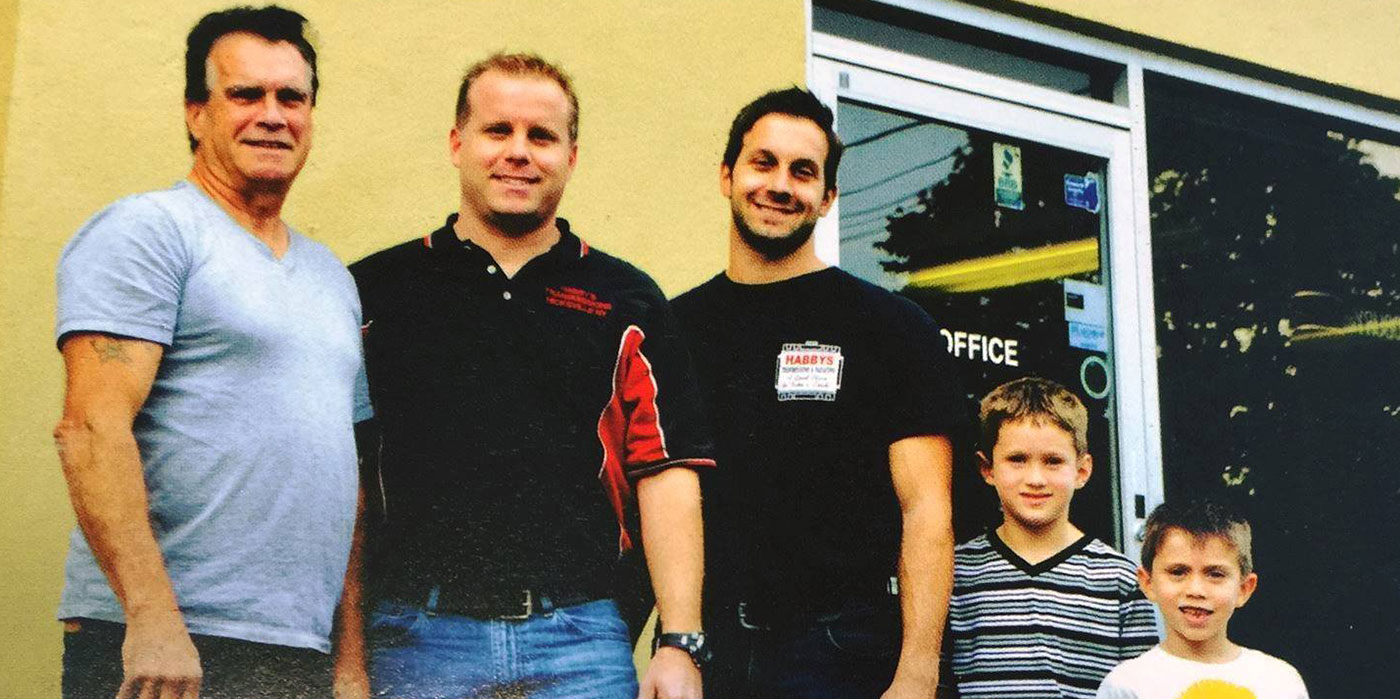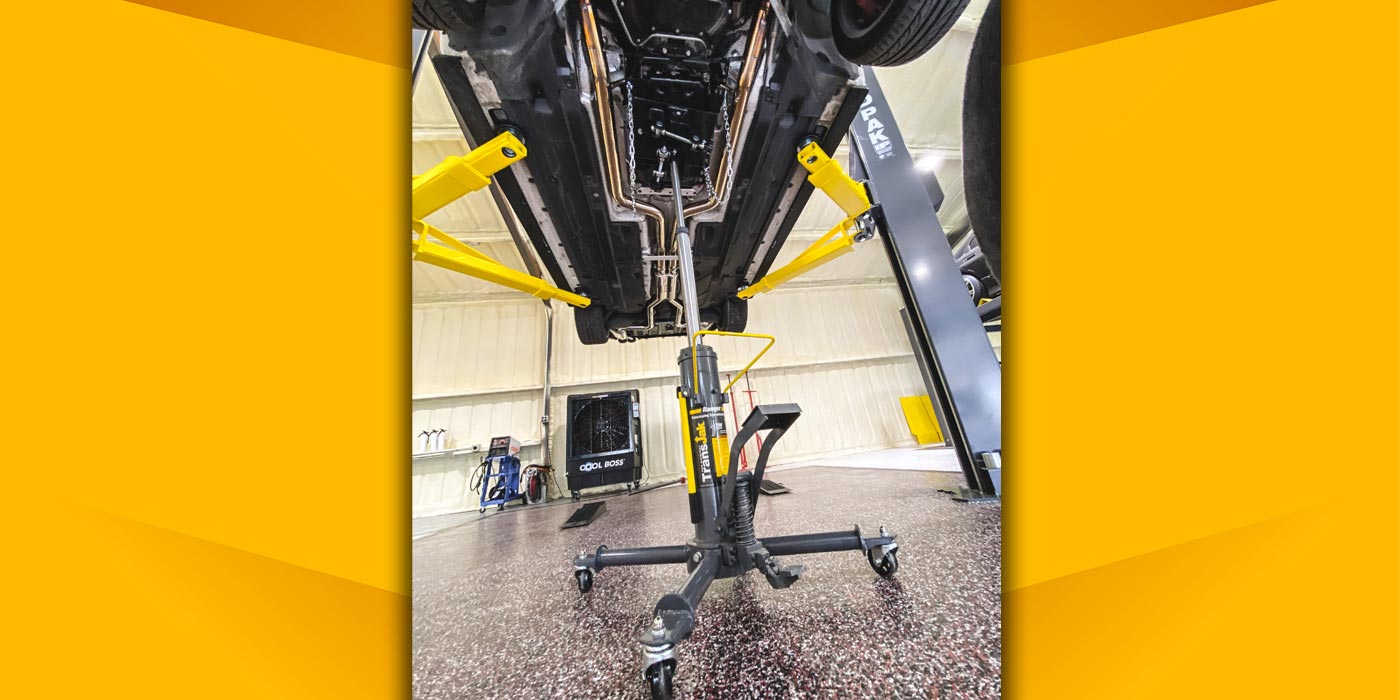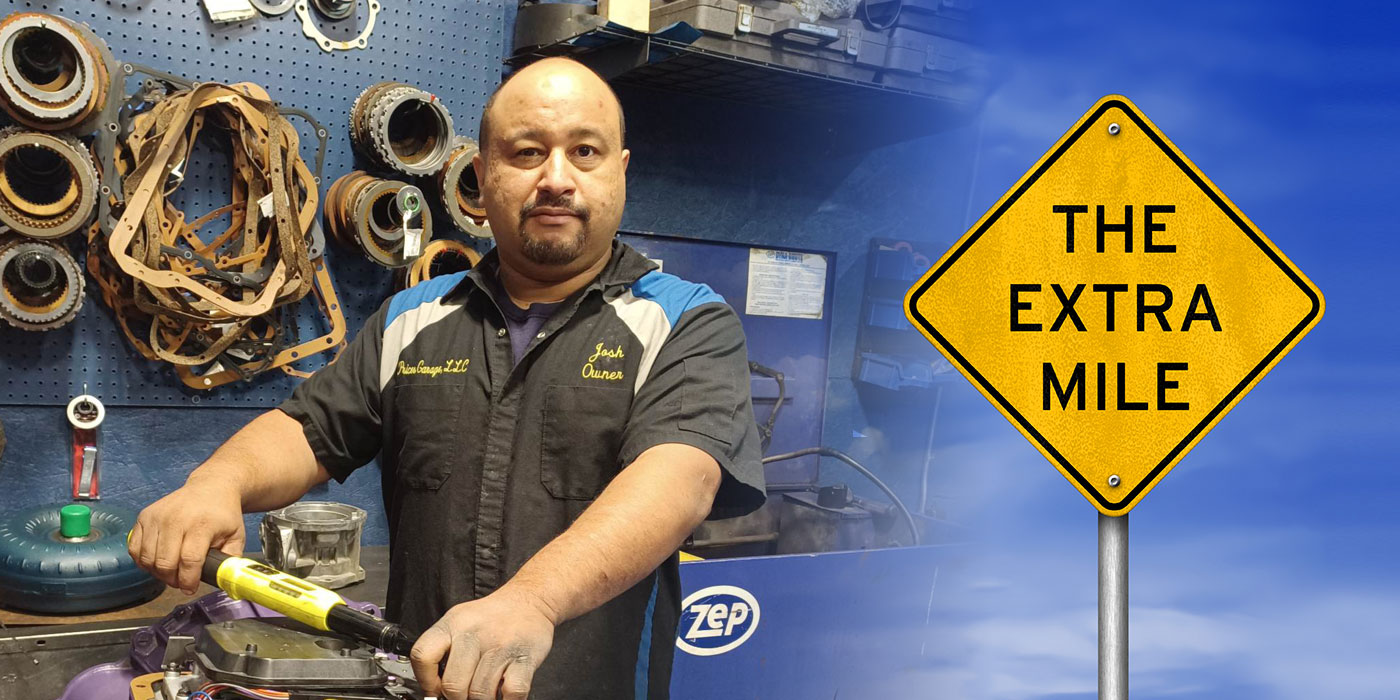
It’s Your Business
- Subject: Prospering in tough economic times
- Essential Reading: Shop Owner, Center Manager
- Author: Terry Greenhut, Transmission Digest Business Editor
Last month I wrote about the importance of putting forth an outstanding outside-sales effort. Before I proceed to this month’s topic I’d like to give you a quick update and follow-up. If you recall, I mentioned that I had been helping my daughter with her dog-training business by doing her outside-sales calls one day a week, mostly to the veterinarians who might recommend her to their clients.
A couple of days ago she received a call from the franchise home office. The gal asked whether it was OK to list her name in their monthly newsletter that goes out to all 900 franchisees worldwide as being in the top 10 in sales for the month of August. In the top 10 out of 900, and the only action that had changed in her business was the outside-sales effort.
We checked the figures for August and found that September’s numbers are significantly higher with a few days still to go in the month. She might very well be the top-grossing trainer in the franchise for September. Keep in mind, this is all taking place during a time when the economy is horrible and when many of her potential clients are linked to Wall Street and the banking business.
Compared with the auto repairs that you guys sell to customers who need them desperately, her dog training is a luxury that many are still buying during the toughest of times because of the strong recommendations they are receiving from people they trust. All that trust came from the outside-sales work that we did and will continue to do. So there’s the proof – outside sales works.
What about these tough times? Are they tough for everyone? Apparently not; it depends on what business you happen to be in and what you make of the current economic conditions.
If you look into the history of an event like the Great Depression of the 1930s you find that not everyone went broke and not everyone lost their jobs. Some companies, in fact, flourished. They did better because the public needed their products or services more during such times and wouldn’t stop buying whatever they were selling.
We are in such a situation right now. With the banking industry virtually hiding under a rock, loans aren’t being given anywhere near as freely as they were only a year or so ago. Those who once qualified with questionable credit scores can’t anymore. Only top-rated, low-risk applicants are securing loans, not only for houses but also for vehicles.
The customer’s favorite excuse for not buying a transmission for his 5-year-old car – that he’ll trade it in for a new one – is fading fast. He may still want to do it but many times won’t be able to, either because he won’t get credit approval or because he fears being locked into another three, four or five years of payments when he isn’t in any way certain that he will have a job long enough to complete the contract.
Although everyone would love to have a new car that burns far less gasoline, many will find themselves having to keep and fix what they have now. Lots of these vehicles will soon come off warranty and will become available for major repairs in addition to the services normally performed. Numerous companies, some having large fleets, will opt to keep their vehicles far longer than they might like. Time and mileage will dictate the need for major repairs, but these companies have all once more become qualified as prospects.

Although some retail work will come to you through warranty insurance companies, much will be customer-pay. When it comes to company-owned or leased fleets, most if not all the work will be customer-pay, as many of these vehicles will be past the time or mileage that would allow their owners to even buy extended-warranty coverage.
With consumers trying to stay away from new-car purchases the used-car business is making a resurgence. The only problem is that there aren’t enough cars being traded in on new ones to feed that market – another reason you might see more major repair work with still more drivers holding on to what they have.
Some points of interest about the current market for your services:
New-car dealers are hiring transmission rebuilders again. This is something we haven’t seen in many years. Some of us thought we never would again, but rumor has it that their supply chain of rebuilt units in some instances is not able to meet the demand so the dealers are again trying to repair transmissions in house.
The problem they face is that there aren’t that many rebuilders out there looking for work. If they do find and hire one the “bean counters” at the dealership might pretty soon decide that there isn’t enough work to keep him busy all the time and want to let him go. Does that sound familiar? It’s a recurring condition. We saw it a lot about 20 years ago. It’s the old revolving-door syndrome and one of the reasons mechanics have wheels on their toolboxes.
That’s where we come in. If the dealerships can’t find rebuilders or don’t have quite enough work to keep them busy, they will again be looking for a source of rebuilt transmissions. And we’ll have them, but we need to be smart about the way we handle those relationships.
First, to minimize comebacks, it’s important to take control of the entire process from diagnosis to removal, to rebuilding, to installing and to testing. A missed diagnosis at the dealership or any other garage will lead to costly mistakes or a lot of head scratching, trying to find a transmission problem that really doesn’t exist.
Next, we need to realize that there are dealerships and other medium-to-large businesses that will not make it through these economically challenging times. Some may go out of business, leaving a slew of unpaid vendors in their wake. Don’t be one of them. Although you may be very excited about starting to get work from a company you have been trying to land for years, don’t let it cloud your judgment about prudently handling your accounts receivable.

In other words, don’t let them get too far out ahead of you. Set a limit on how much credit you are willing to extend. Keep in mind that five jobs can easily have a company owing you $10,000 or more. Also recognize that any company that contacts you without your soliciting their business and suddenly gives you lots of work could be doing so because they owe another shop so much that they need a fresh supplier with whom they can run up a bill.
Next point: It’s time to promote your business. I know that when times are tough it’s hard to work up the enthusiasm to spend money on promotion or to go out knocking on doors. Many of us take the attitude that it isn’t worth doing since nothing much can come of it because of so many companies and individuals holding back. Well, think about this: If you feel that way, so do your competitors. If they aren’t promoting, you especially should be. They are leaving the playing field wide open for you.
If you go out selling you will probably find that none of your competitors has anyone out doing it. Even in good times most shops won’t put a salesperson on the street. They think business will somehow automatically come to them because they are there. The only two things that are automatic in business today are most of the transmissions you work on and the fact that if you don’t do enough to promote, you won’t be in business very much longer.
I started my first shop in 1975, right in the middle of a huge recession. How did I know we were in a recession? Because 5,000 other people and I got laid off by a company that hadn’t laid off anyone in 60 years. They weren’t the only ones laying off; lots of companies were. Maybe I was too naïve to realize there wasn’t supposed to be any business out there, so I went out and promoted the heck out of my shop. I did it mostly in person because I didn’t have much money, but I also bought little ads in local publications to at least get people to stop in. Maybe it’s better not to know or realize how bad things are and to just go forward as if everything were wonderful, because that’s how you make it wonderful.
Last point: Don’t make up your own price objections. If customers want to object to your prices they will, and you’ll need to be very good at handling those objections so you can get your price, but don’t get it into your head that you should be asking less because times are tough. They’ll get a lot tougher for you if you start giving away all your profit dollars. After all, nobody is charging you less for anything you need to buy, so how can you afford to charge customers less?
Consumers more than ever need to do business with people they can trust. You gain their trust by doing an excellent job and giving them a level of service they didn’t expect, not by lowering your prices. All that leads to is inferior quality and worse service. It also tends to bring in the kind of customers you don’t want to deal with, the ones I call the “Something for Nothings.”
It’s funny how, in good times, I tell you to get out there and promote and do your best job of selling. Then when times are tough I tell you the same thing, but to “kick it up a notch,” as chef Emeril would say. That’s because business is always business and some basic rules always apply. You have to promote to get them in the door, and then you have to sell to get your price.
Will consumers want to pay less? Of course they will, and they’ll use the recession as another objection to try to get you to lower your price. Remember to always go into empathy with customers, not sympathy. Empathy means you understand their problem and will try to help with a solution. Sympathy means that you understand and will become a part of their problem by lowering your price, putting yourself in the same tough position they are in. Don’t do that. Offer to do more, give them more and better services for the money, but keep the price profitable. That will ultimately be the best way to weather this recession.

Visit www.TerryGreenhut.com.


